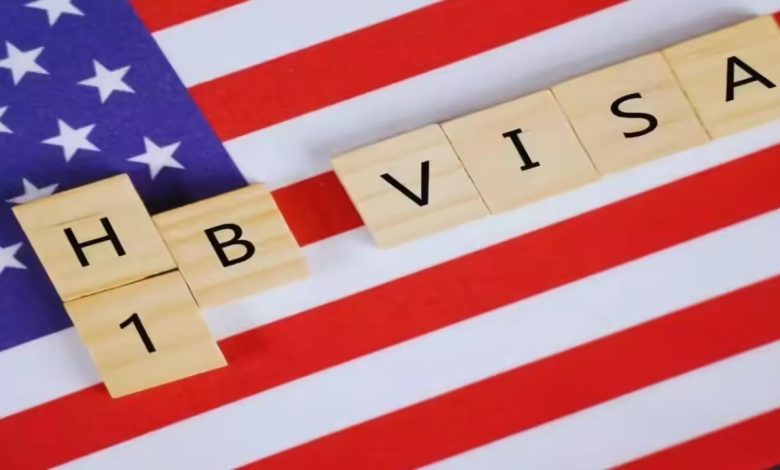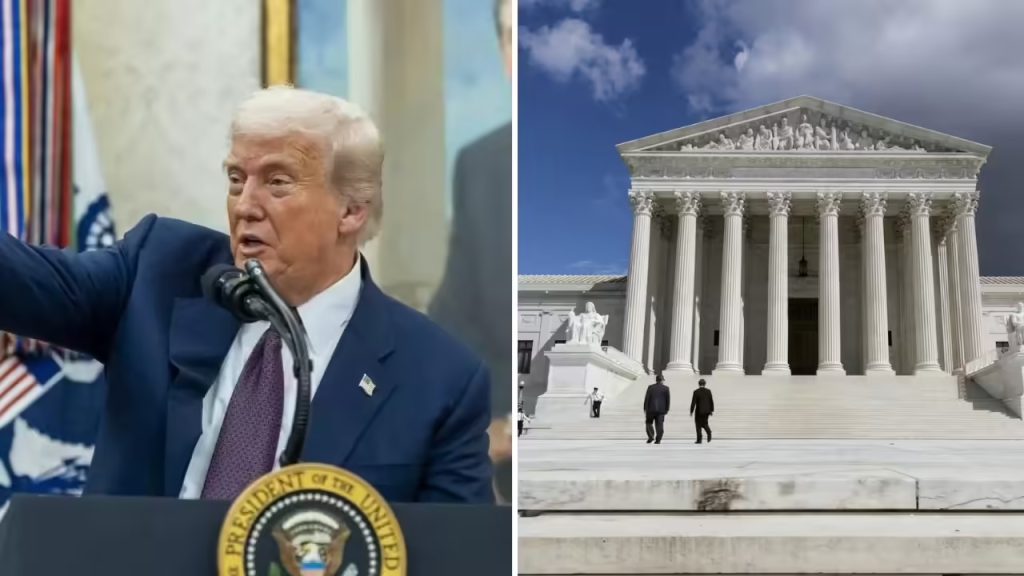U.S. Supreme Court Upholds Work Authorization for H-1B Spouses: A Major Win for Immigrant Families
The Court’s refusal to hear an appeal secures legal employment rights for thousands of H-4 visa holders and reinforces America’s reliance on skilled foreign professionals.

The U.S. Supreme Court has refused to hear an appeal filed by a coalition representing American workers against a federal rule that allows certain spouses of H-1B visa holders to obtain work permits in the United States. This decision leaves intact a 2024 appellate ruling that upheld the legality of the program.
The court’s action — issued without comment — marks a major victory for thousands of immigrant families and U.S. companies that depend on global talent in specialized industries.
The decision preserves the Department of Homeland Security’s (DHS) 2015 regulation introduced under President Barack Obama, known as the “Employment Authorization for Certain H-4 Dependent Spouses.” This rule allows spouses of H-1B visa holders — those in the process of applying for permanent residency — to work legally in the U.S.
The organization Save Jobs USA, representing a group of American tech workers, had petitioned the Supreme Court to invalidate the rule, arguing that the DHS lacked authority to issue such permits, calling it “a parallel immigration system that bypasses Congress.”
However, the D.C. Circuit Court of Appeals had earlier rejected that claim, affirming that the law grants DHS limited power to issue work authorizations to certain classes of non-immigrants. Immigration experts said the Supreme Court’s refusal provides “a measure of clarity and stability” to thousands of families facing long waits for Green Cards.
According to DHS data, more than 258,000 H-4 visa holders have received work permits since the rule took effect. Supporters argue that allowing spouses to work strengthens immigrant family stability and encourages highly skilled professionals to stay in the U.S., while opponents claim it reduces job opportunities for American workers.
Austin Fragomen, a leading immigration attorney in New York, praised the ruling, saying it “helps U.S. companies retain the best global talent,” warning that new restrictions “would push skilled professionals toward competing economies.”

On the other hand, John Miano, counsel for Save Jobs USA, argued that “the authority to define who can work in the United States belongs to Congress, not administrative agencies.”
The Supreme Court’s move comes amid deepening political divisions over employment-based immigration policies. Former President Donald Trump proposed in September a $100,000 fee for new H-1B visa applications, while Biden administration officials have defended the program as a cornerstone of American economic competitiveness.
The H-1B visa, established in 1990, allows U.S. employers to hire foreign professionals in technical and scientific fields for three to six years, provided they pay prevailing local wages. Legal experts describe the Court’s decision as a “temporary legal truce” that maintains work rights for spouses while broader immigration reforms remain stalled in Congress.
Attorney Cyrus Mehta noted, “This keeps the status quo intact — eligible spouses can continue working, and businesses can retain essential skills, while Congress still has the power to amend the law if it chooses.”
The decision closes a nearly decade-long legal battle and provides immigrant families with temporary stability amid an uncertain and polarized immigration landscape in the United States.



